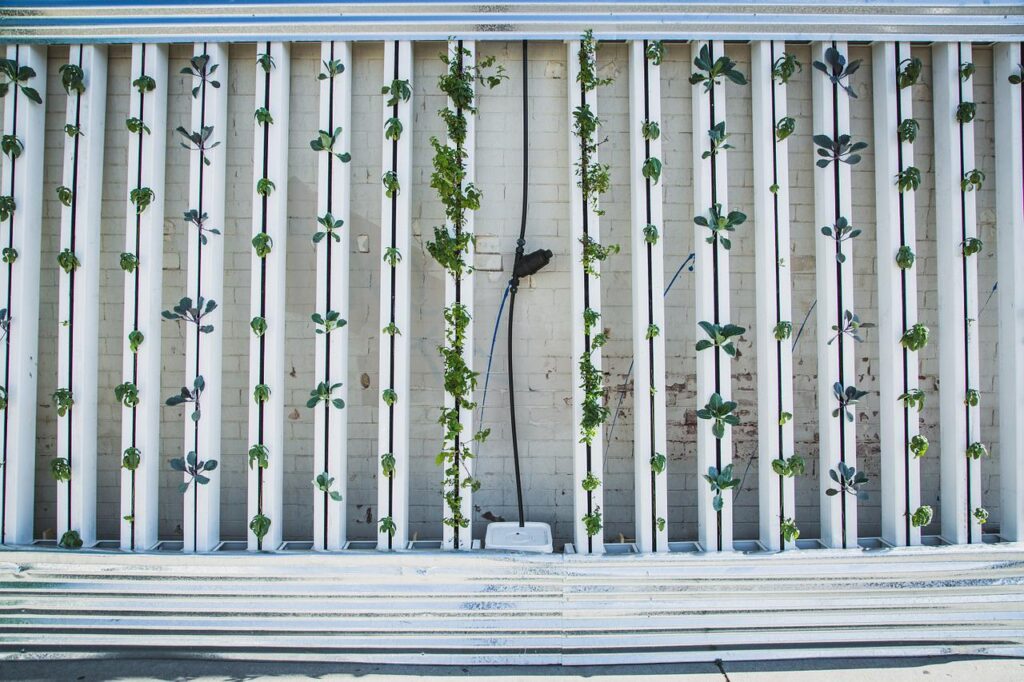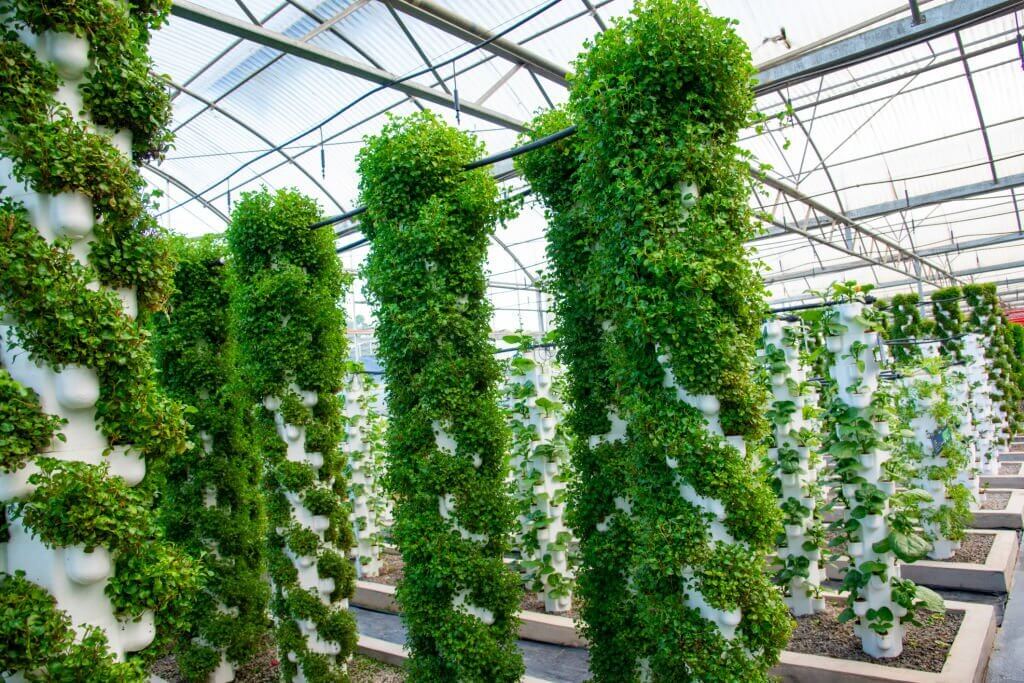So, the last time we looked at how a country can achieve food security through hydroponics, and it was interesting to know that so many developed and few developing countries are already reaping the benefits of hydroponics in their agricultural sectors. However, today we will delve into what Aeroponics is all about and how a nation can achieve food security through Aeroponics.
Food security is an agricultural term that can be achieved when a the citizens and residents of a country can get access to good and healthy food produce at any point in time, and also export to other nations of the world. This means that a country can become food secure when she has more than enough of good, healthy and desirable food produce that can be accessed by consumers, and can also be exported to other countries.
But, like we said before, such situation can not be achieved through the traditional systems of farming, and that is why developed and developing countries, including Nigeria, have been coming up with new and sustainable systems of farming in order to achieve food security in their countries. Modern systems of farming such as Aeroponics, hydroponics, aquaponics, biofortificantion, food processing and preservation, selective breeding, tissue culture, etc., are now been adopted by countries to tackle the challenges associated with the traditional systems of farming.
And so, rather than focusing on the use of soil as a medium for plant growth (i.e the traditional systems of farming), farmers are now looking at how they can produce plants without soil through a system known as aeroponics or soil-less farming. With the ever increasing human population and shortage in food and fertile lands, aeroponics is considered to be one of the substitute to the traditional method of growing plants in the soil. Having understood this, let us now look into Aeroponics properly.
What is Aeroponics?
Aeroponics is a type of vertical farming in which plants are grown in a soil-less medium. The plants are suspended in the air (the seeds grown in an aeroponics system are grown in pieces of foam stuffed into tiny pots). Plants grown in an aeroponics system are exposed to light at one end and a nutrient mist at the other end. In other words, aeroponics does not use a growing medium, the roots of the plants grown in an aeroponics system are suspended in the air where nutrients are continuously delivered to them by a device delivering a mist of nutrients.

Benefits of adopting Aeroponics system of farming
Aeroponics is a more productive system of plant production when compared with the traditional farming of growing plants in soil. Aeroponics maximizes land space as many plants can be grown in a small space, little labour is required in taking care of plants grown in an aeroponics system. Also, since plants are grown in a closed environment, in which temperature, sunlight and other environmental conditions are kept in check, plants grown in an aeroponics system produces great yields. Plant pests and diseases are also controlled because the growing equipment used for farming can always be sterilized.
Types of Plants grown in Aeroponics system
Many plants can be grown in an aeroponics system. Examples are: Raspberry, Onions, Cabbage, Sweet potatoes, Tomatoes, Corn, Watermelon, Radish, Peppers, Melons, Onions, Peas, Grapes, Potatoes, Eggplant, Beets, Strawberry, Carrots, Cauliflower, Tomatoes, and Cucumber.
Conclusion
Nigeria is yet to achieve food security, as there are a good number of people who are yet to get access to good, healthy and desirable foods. And so, to deal with such issue and ensure that malnutrition and hunger is eradicated from the country, a deliberate attempt to treat the root cause of food scarcity and insecurity is being carried out by the Young City Farmers Initiative (YCFI).
The YCFI programme looks into how they can educate young Nigerians on the modern systems of farming and how food insecurity can be dealt with through such systems of farming.
YCFI is also involved in setting up home gardens and farms in urban areas, were there is an increased population and demand for food.
So, what are your thoughts on this?
Let’s hear from you in the comment section below.
Don’t forget to also like and share our post and keep following our social media handles for more interesting updates.
